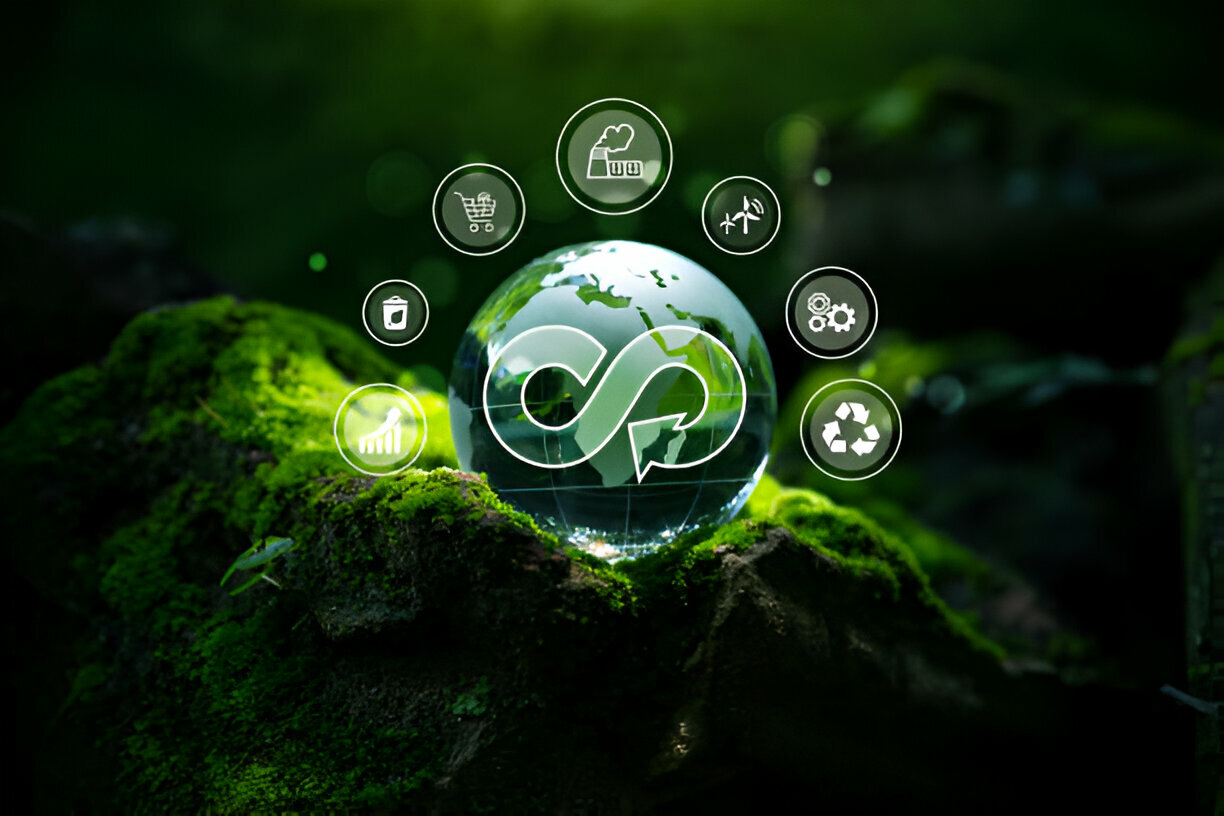The Evolution of Waste Management: Innovations and Practices for a Sustainable Future
Table of Contents:
- Key Takeaways
- Introduction
- Understanding Modern Waste Disposal Techniques
- The Impact of Regulation on Waste Management Practices
- Recycling: The Cornerstone of Waste Reduction
- Composting: Turning Organic Waste into Resource
- Innovative Waste-to-Energy Solutions
- The Role of Community in Effective Waste Management
- The Business of Waste: Circular Economy and Zero Waste Goals
- Global Trends in Waste Management and Sustainability
- The Future of Waste Management: What’s Next?
Key Takeaways:
- The evolution of waste management illustrates a shift from linear disposal to sustainable, circular processes.
- Technological progress, regulatory frameworks, and community participation characterize modern waste management.
- Environmental consciousness has become a driving force in developing new waste management methods.
Introduction
Waste management has evolved dramatically from simple dumpsites to advanced systems prioritizing recycling, energy recovery, and sustainable disposal methods. New approaches, including integrating services like dumpster rental Greeley, CO, reflect a nuanced understanding of waste’s environmental impacts. These services work alongside broader waste management strategies to reduce landfill use and promote recycling. The movement towards innovative waste management is not just a technical revolution but a cultural shift towards valuing sustainability and recognizing the global impacts of local waste practices.
Understanding Modern Waste Disposal Techniques
In the modern context, waste disposal extends beyond mere collection and dumping. Innovations in sorting and recycling have paved the way for smarter, more sustainable handling of domestic and industrial waste. Sophisticated algorithms can now automate the separation of recyclables from non-recyclables, ensuring that each item is dealt with in the most eco-friendly manner possible. Integrating such systems is becoming increasingly commonplace, promoting a waste management infrastructure that is both efficient and environmentally considerate.
The Impact of Regulation on Waste Management Practices
Government interventions have significantly influenced the development of waste management strategies. Regulatory measures, such as mandatory recycling targets and landfill taxes, have compelled businesses and municipalities to innovate and seek more sustainable waste disposal solutions. These policies have also increased investment in recycling infrastructure and catalyzed growth in waste-to-energy technologies. The impact of regulation cannot be overstated; it has led to cleaner cities and fostered a culture of environmental responsibility among producers and consumers alike.
Recycling: The Cornerstone of Waste Reduction
Recycling remains at the heart of any sustainable waste management program. The process involves collecting and processing materials like paper, glass, plastic, and metals, which are then used to create new products. This reduces the need for raw materials, conserves energy, and curbs pollution. Nonetheless, the success of recycling programs hinges on effective community participation and the efficiency of the recycling process itself.
Composting: Turning Organic Waste into Resource
Composting is a biological process that decomposes organic waste into nutrient-rich soil amendments, such as food scraps and yard debris. It plays an integral role in waste management, particularly for organic waste, which constitutes a significant portion of municipal solid waste streams. The rise in community and backyard composting initiatives highlights an increased awareness of the value inherent in organic waste. By encouraging composting practices, cities have reduced the amount of waste sent to landfills, thereby diminishing methane emissions and contributing to soil health and biodiversity.
Innovative Waste-to-Energy Solutions
As our awareness of the environmental impact of waste grows, so does the interest in waste-to-energy (WTE) solutions, which offer a means to convert waste materials into various forms of energy, including electricity, heat, or fuel. These technologies can reduce reliance on fossil fuels, lower greenhouse gas emissions, and provide a robust solution for waste that cannot be recycled. Despite the potential benefits, waste-to-energy projects must be carefully managed to avoid unintended environmental consequences. Entities such as the Environmental and Energy Study Institute (EESI) contribute valuable research and insights into the viability and sustainability of waste-to-energy systems in the United States.
The Role of Community in Effective Waste Management
The success of waste management systems often reflects community action and engagement. Localized initiatives, from neighborhood recycling programs to school-based environmental clubs, demonstrate the transformative power of collective action. These community efforts complement municipal waste management programs, amplify environmental education, and often lead to higher recycling and composting participation rates. Furthermore, citizen groups advocating for better waste management can influence local governments to improve services and facilities, demonstrating the vital role of active civic participation in the sustainability narrative.
The Business of Waste: Circular Economy and Zero Waste Goals
Businesses play a critical role in the transition towards a more sustainable future. As adopters of circular economy principles, companies commit to reducing waste by designing products and packaging that can be reused or recycled. This business model extends the lifecycle of materials, reduces the demand for virgin resources, and supports the creation of closed-loop systems. By aiming for zero waste, businesses reduce their environmental footprint and often realize cost savings and innovation benefits, solidifying waste reduction as both an economic and environmental strategy.
Global Trends in Waste Management and Sustainability
On a global scale, the approaches to waste management vary widely, influenced by local cultural norms, economic conditions, and environmental policies. Some countries have become trailblazers, adopting radical strategies for waste reduction, like banning single-use plastics. In contrast, others have focused on building advanced waste-to-energy plants. These efforts are shaped by global trends that prioritize sustainability and adaptability, indicating a collective move towards responsible waste handling. Innovations in waste management, driven by international partnerships and shared knowledge, are critical as they set benchmarks for environmental best practices and provide scalable solutions for other regions to replicate.
The Future of Waste Management: What’s Next?
The waste management industry stands on the cusp of a technological revolution, with emerging innovations to redefine how we think about and handle waste. Smart bins equipped with sensors for monitoring waste levels, bioplastics that degrade harmlessly, and the rise of the sharing economy are just a few foreseeable advancements. A continued commitment to research and development is essential for these possibilities to become realities. Furthermore, the role of each individual in adopting sustainable waste practices remains vital. As we navigate the intricacies of waste management and environmental preservation, the collective action of mindful consumption, efficient recycling, and embracing innovation will shape a cleaner, more sustainable world.







